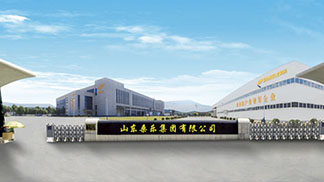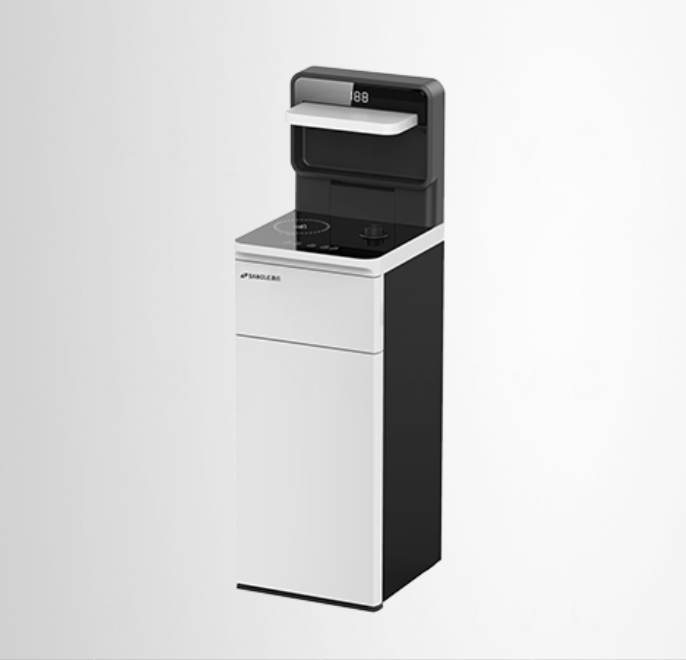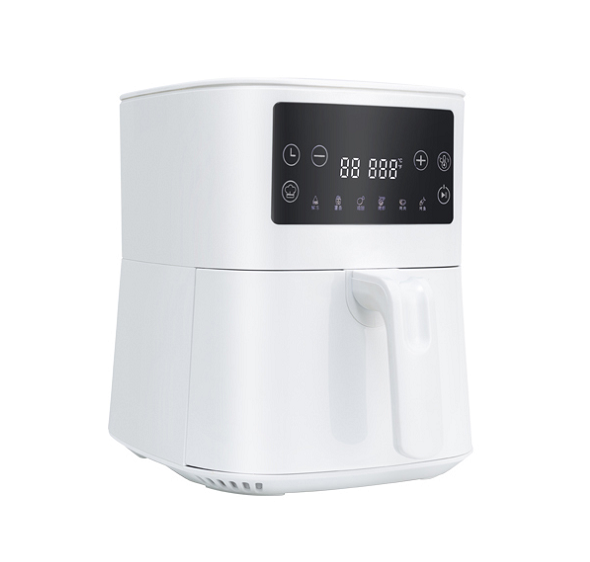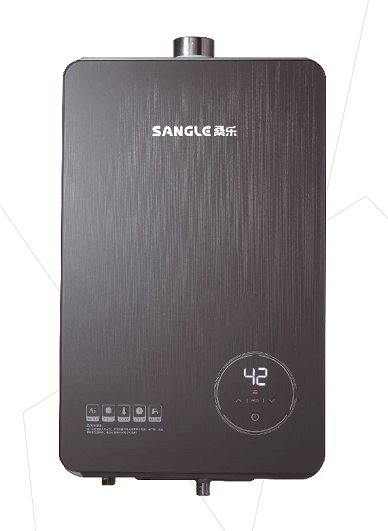Safe Use of Gas Water Heater
1. Before using the gas water heater, you must read the manual carefully, and use and repair the water heater in accordance with the instructions and nameplate instructions. Metal pipes should be used for gas pipelines, but rubber pipes should not be used to avoid accidents after aging. The place of use should be well ventilated. It is best not to use the gas water heater continuously for a long time. If there are many people taking a bath, there should be a certain interval.
2. Frequently check the entire piping system from the gas source to the water heater, and apply soapy water foam to the piping and all joints to check whether the gas piping and external hoses are cracked, aging, loose, etc., and ensure that there is no leakage phenomenon. In the event of air leakage, first close the main air supply valve, open doors and windows for ventilation, and do not turn on the lighting and electrical switches or the power switch of the water heater to prevent electric sparks from causing a fire. When igniting or extinguishing, pay attention to check whether the ignition burner is actually ignited or extinguished.
3. There should be a safe distance around the gas water heater, do not seal it in the wall cabinet, do not place flammable materials on or around it, and do not block towels or rags on the inlet and exhaust ports of the water heater to prevent fire. When gas water heaters are leaking, water leaking, the flame is not extinguished after the water is stopped, and the combustion status is poor, they should stop using them and notify the special maintenance unit to repair them in time. It is strictly forbidden to disassemble and repair without permission. The water heater shall be inspected and maintained by professionals designated by the gas management department every six months or a year to keep the gas water heater in good performance. Normally, self-check is also necessary, such as checking the filter gauze of the inlet valve to avoid clogging of the inlet valve. The cleaning method is to unscrew the water inlet pipe and take out the filter gauze for cleaning. Check the heat exchanger and main burner once every six months or a year to see if there is any blockage. If there is, it should be cleaned in time, otherwise it will cause incomplete combustion, produce harmful gases, and in severe cases, poisoning will occur. Check the nozzle and thermocouple. If the gas water heater is used for a long time, carbon deposits on the nozzle and thermocouple will affect the smooth ignition.
4. Before each use of the gas water heater, check whether the window or exhaust fan of the room where the water heater is installed is open and whether the ventilation is good. During use, if the fire is not ignited and gas overflows after the water inlet valve is opened, the water inlet valve should be closed immediately, and then opened after a short pause. If the fire cannot be ignited many times, stop using it and perform maintenance. When the water inlet valve is turned on and the fire is ignited, hot water can be released after 45 seconds, and then the amount of water can be adjusted as needed.
5. In windy weather, when the room where the water heater is installed is found to be filled with wind or the flue-type water heater pours smoke from the flue, the water heater should be suspended.
6. It is found that the flame overflows the outer shell or the flame is escaping during the operation, so the use should be suspended. The upper part of the water heater emits black smoke when it is running, indicating that the heat exchanger has been severely blocked or there are foreign objects in the burner. It should be stopped immediately and contacted for maintenance. It is found that there is a flame from the water heater, which may be because the gas pressure is too high or the type of gas source is incorrect. Stop using it to find out the cause.
7. After the gas water heater is used up, the valves of the gas and water inlet pipes must be closed. When using water heaters for minors and foreign relatives and friends, special attention should be paid to safety instructions, and the correct use should be taught and not careless.
8. The smoke exhaust pipe should be protected from corrosion, and the flue should not leak or be blocked.







